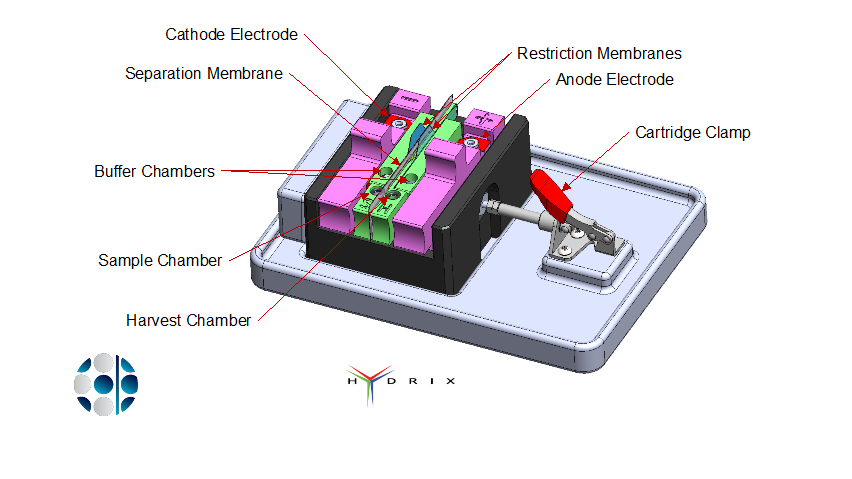‘Felix’ to transform fertility for millions of couples worldwide
Laureate Professor John Aitken from the Faculty of Science has been collaborating with Memphasys to develop 'Felix', which aims to improve the collection of vital, healthy sperm in the critical early stages of the IVF process.
By 2026, the global IVF sector is set to be worth $US 26.4 billion, or double its current value.
Despite the increasing appetite in these reproductive services, most of the causes behind infertility – particularly that related to males - are still largely unknown.
“Male infertility is the most common cause of human infertility, and we have next to no idea what causes it,” said Laureate Professor John Aitken.
To address this issue, Professor Aitken, from the School of Environmental and Life Sciences, has been collaborating with ASX-listed Memphasys (‘MEM’) to improve the collection of vital, healthy sperm in the critical early stages of the IVF process.
“There are already eight million IVF babies in the world,” Professor Aitken said.
“Sperm processing technology though, has remained unchanged since IVF was first introduced in the late 1970s and early 1980s.”
As the 2016 recipient of the prestigious Carl G. Hartman award, Professor Aitken works alongside MEM to develop ‘Felix’, a device which uses a patented cell separation technology to more gently and effectively separate sperm from semen samples.

Above: Felix' device cartridge on a stainless steel tray, courtesy of Memphasys.
Professor Aitken said that while the technology only takes, “a fraction of the time”, the importance of technology like Felix is the ability to select cells with the lowest levels of DNA damage.
“We should, as a matter of best practice, select cells with the lowest levels of DNA damage,” said Professor Aitkin.
“Improving the quality of spermatozoa should also lead to higher fertilisation rates, less spontaneous abortions during pregnancies, and children with less long term neurological and other adverse medical conditions.”
With fertility leaders in Japan, the USA, India, and Canada already willing to support the commercialisation of Felix, Professor Aitken is hopeful the real-world benefits will soon be realised.
"Each year the reproductive needs of some 120 million couples worldwide go unmet. This is something I hope technology like Felix can change.”
Related news
The University of Newcastle acknowledges the traditional custodians of the lands within our footprint areas: Awabakal, Darkinjung, Biripai, Worimi, Wonnarua, and Eora Nations. We also pay respect to the wisdom of our Elders past and present.